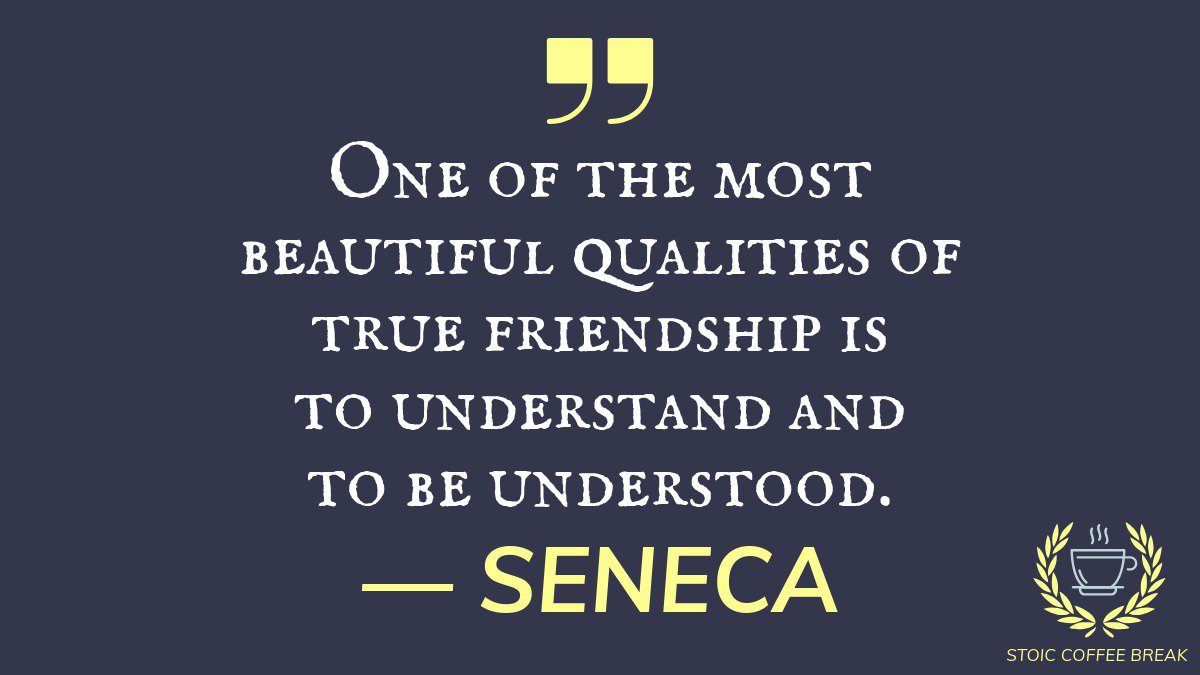Tag: vulnerability
-

317 – How to Be Unconquerable: Stoic Principles for Living Your Best Life (Part 2)
“Adopt new habits yourself: consolidate your principles by putting them into practice.” —Epictetus Discover the transformative power of Stoicism in Part 2 of How to Be Unconquerable. Dive deep into principles like self-acceptance, embracing change, and being open to criticism. Learn how these timeless teachings can help you live your most authentic life.
-

311 – Open Mind, Open Heart: Stoicism and Human Connection
“One of the most beautiful qualities of true friendship is to understand and to be understood.” —Seneca Are you yearning for deeper connections with those around you? Discover how Stoicism, often misunderstood as emotionally detached, can actually foster profound relationships. Learn to master your emotions and embrace authenticity for more meaningful bonds.
-

271 – Cultivating Connection: Stoic Insights on Loneliness
“As long as we live, let us cherish each other. For, when we die, the opportunity of aiding one another is lost for all eternity.” — Seneca Struggling with loneliness? The last few years have been tough, but it’s important to reach out and connect with others. Discover the insights on loneliness from a Stoic…
-

270- Benefit of the Doubt
“Everywhere, at each moment, you have the option: to accept this event with humility; to treat this person as they should be treated; to approach this thought with care, so that nothing irrational creeps in.” —Marcus Aurelius Do you give others the benefit of the doubt? Giving people grace can make you happier with yourself.…
-

243 – All the Feels: How to Ride the Emotional Waves
Your emotions are the slaves to your thoughts, and you are the slave to your emotions. — Elizabeth Gilbert. Are you afraid of your feelings? Do you avoid, numb, or shut down your emotions? How much stress and anxiety do you create trying to avoid uncomfortable emotions? Today I want to talk about the power…
-

173 – Change Your Perspective, Change Your World
Change Your Perspective, Change Your World “It is not so much what happens to you as how you think about what happens.” – Epictetus Often times we struggle with our own perspective can color how we view ourselves and our lives. What would it take for you to change your perspective? In todays episode, we…
-

152 – Vulnerability and the Real You
Why is it hard for us to be vulnerable, especially when it comes to those we care about the most? Partners, children, family, close friends – if these are the people we are the closest to why would be afraid to be ourselves around them? In this weeks episode we’ll talk about vulnerability and the…